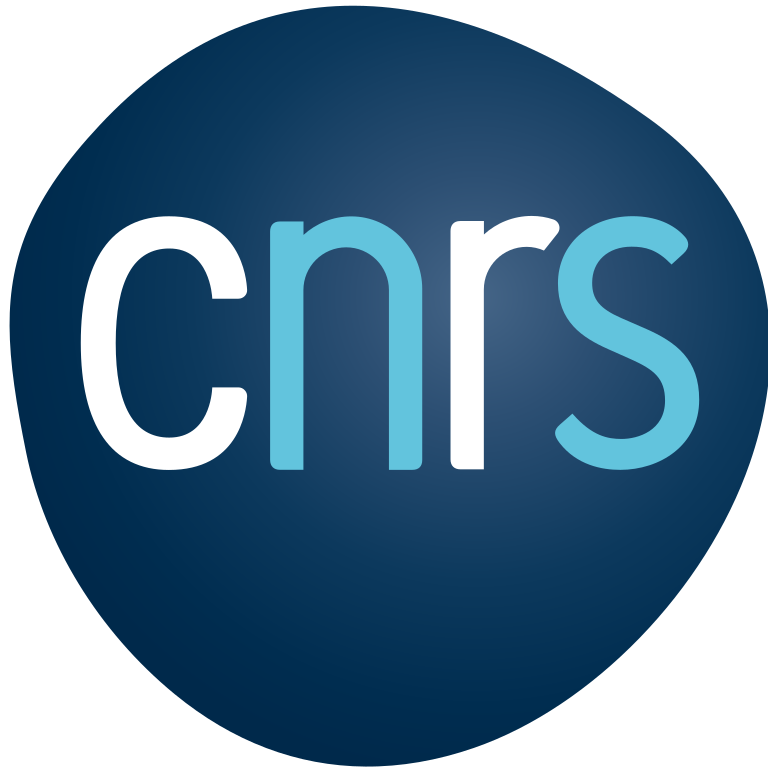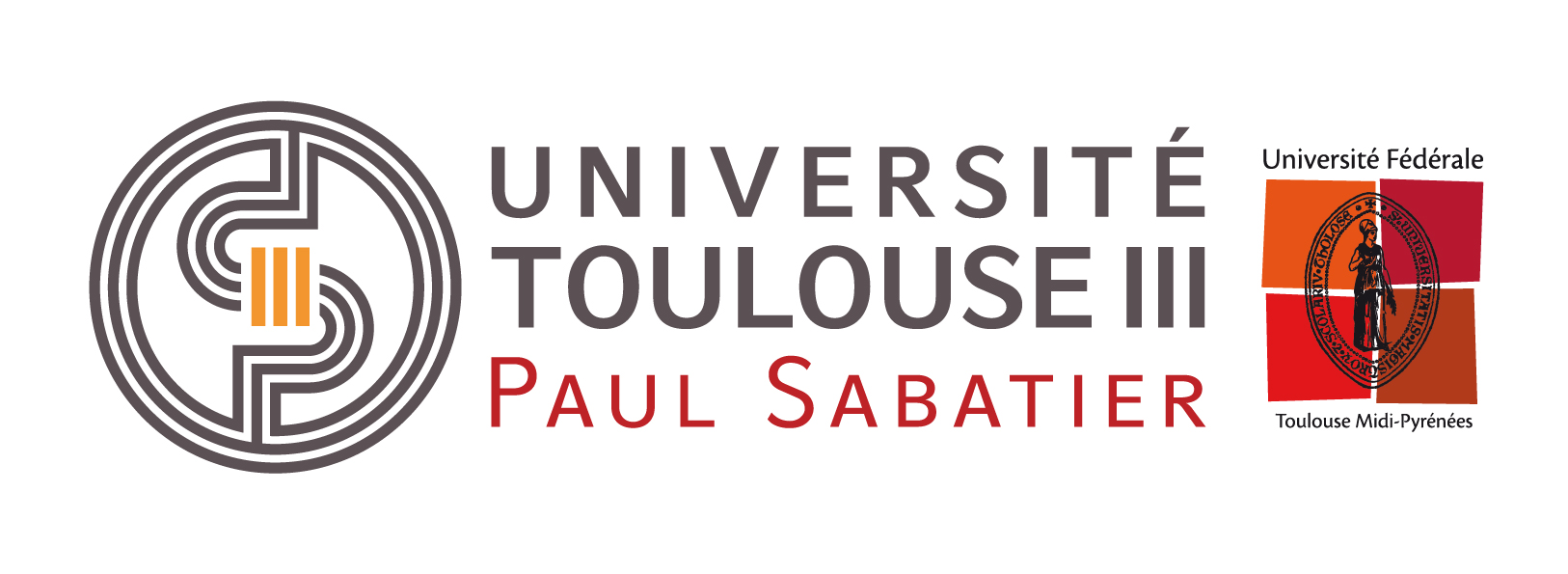REJOIGNEZ LE CRCT
Des stagiaires aux post-doctorants, et au-delà, le CRCT recrute.
Retrouvez sur cette page toutes nos offres de recrutement en cours.
Si aucune offre ne correspond à votre recherche ou si vous recherchez un stage,
n’hésitez pas à nous adresser votre candidature spontanée via le formulaire déposer votre candidature.
Seules les candidatures adressées via le formulaire seront prises en considération.
LES OFFRES DU CRCT
VOTRE CANDIDATURE
INFOS stage
votre premier jour
Les offres du crct
Les offres de recrutement en cours au CRCT sont disponibles ci-dessous.
Toutes les candidatures sont à adresser par le formulaire “Déposer votre candidature”
en indiquant l’intitulé de l’offre et l’équipe / le service concerné.
Déposer votre candidature
STAGE : TOUT SAVOIR
Une fois que votre candidature pour un stage a été acceptée,
merci de suivre ci-dessous les instructions vous concernant afin de finaliser votre dossier et de préparer votre arrivée.
STAGIAIRES EN COLLEGE, LYCEE, BTS/IUT
+
STAGIAIRES DE LICENCE ET MASTER DE L’UNIVERSITE TOULOUSE III & STAGIAIRES EN ECOLE D’INGENIEURS
+
ÉTUDIANTS MEDECINS ET PHARMACIENS EN “ANNÉE DE RECHERCHE”
+
preparer votre premier jour
Modalités pratiques
+




